Molson Coors owns brands such as Carling and Coors Light. During the trial it worked with its bottling partner Encirc to produce two million glass bottles for its Staropramen beer brand, available on-shelf in shops across the UK.
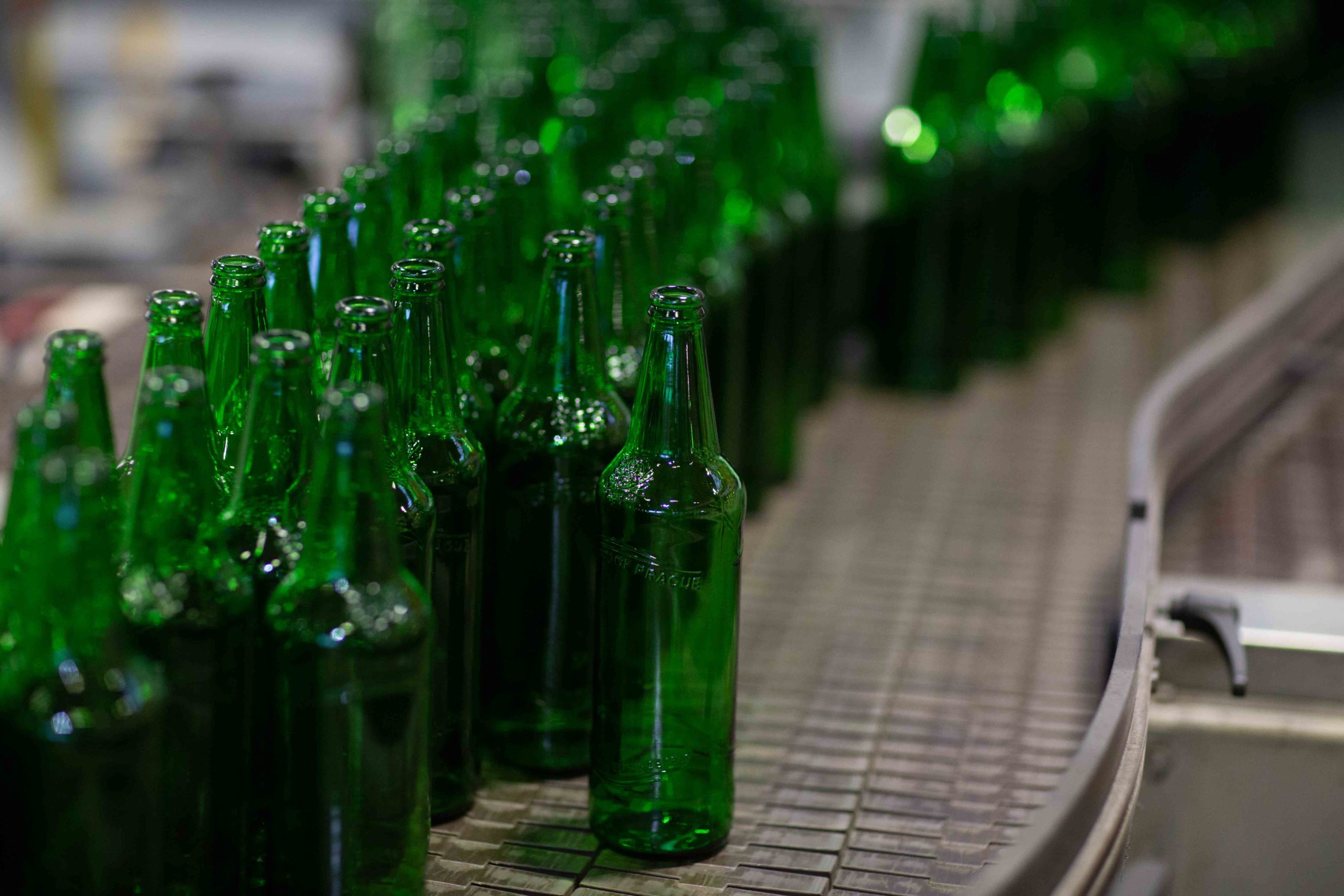
The bottles are manufactured using up to 100% cullet (recycled or waste glass), up from the 75% previously used in its green glass bottles.
The trial also used “renewable and sustainable biofuels” throughout the glass production process. As a result, the carbon footprint of each bottle is reduced by up to 90%, Molson Coors says.
Fraser Thomson, operations director at Molson Coors, said: “Sustainable packaging solutions form a core part of ‘Our Imprint’ sustainability goals and our global aim to reduce carbon emissions from our direct operations by 50% by 2025.
“This trial is a major step for us in reducing the carbon footprint of our much-loved products, and we look forward to continuing to explore how we can implement this across our wider portfolio on a larger scale in the future.”
Bottling partner
Encirc, part of the Spanish Vidrala group, has been the bottling partner of Molson Coors for nearly 25 years.
“This is a massively exciting innovation opportunity for us at Encirc, Molson Coors and their consumers”
With more than 1,500 employees, it operates from its three purpose-built sites in Derrylin in County Fermanagh, Elton in Cheshire and Corsico, Italy. The company produces more than three billion glass bottles and other containers annually.
Rob Turvey, sales and marketing director at Encirc, said: “This is a massively exciting innovation opportunity for us at Encirc, Molson Coors and, of course, their consumers.
“This ground-breaking biofuel trial has shown the world the fundamental role that glass can play in supporting food and beverage organisations in their ambitions to decarbonise supply chains.
“It further demonstrates why we believe that glass is a key environmentally beneficial packaging format for all forward-thinking beverage companies.”
Trial
The trial forms part of a project undertaken by Encirc and industry research and technology organisation Glass Futures under the Department for Business, Energy and Industrial Strategy (BEIS) Energy Innovation Programme.
Led by Glass Futures, the £7.12 million project is evaluating the associated technical, economic and environmental aspects of electric, hydrogen, biofuel and hybrid-fuel melting technologies with the objective of designing a flexible demonstration-scale glass furnace. It is due to be completed in December 2021.



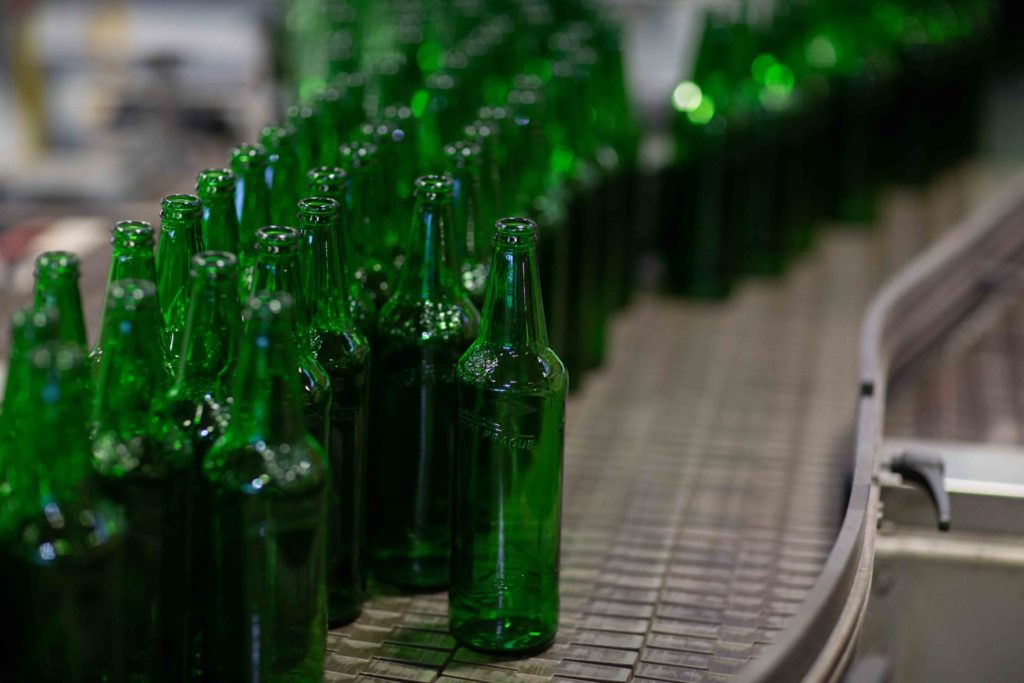
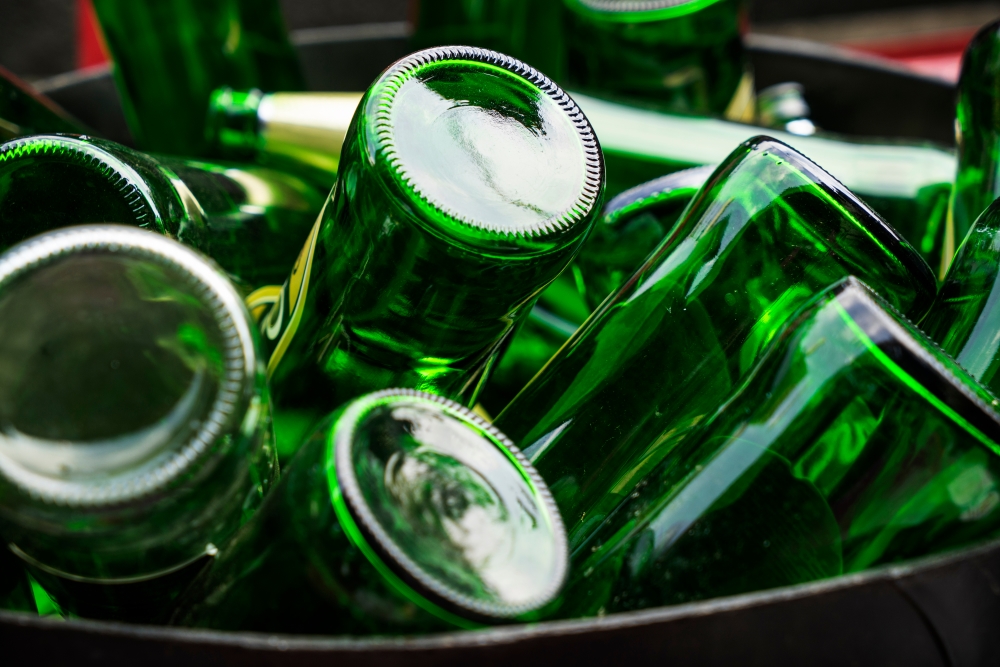
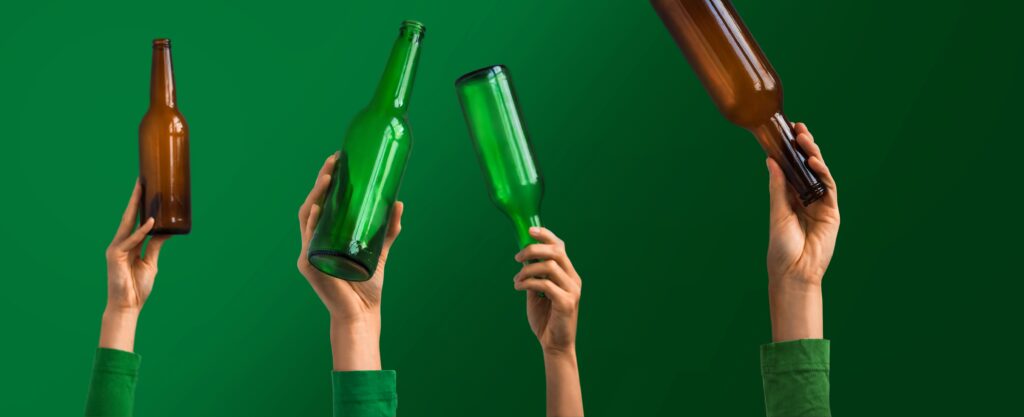
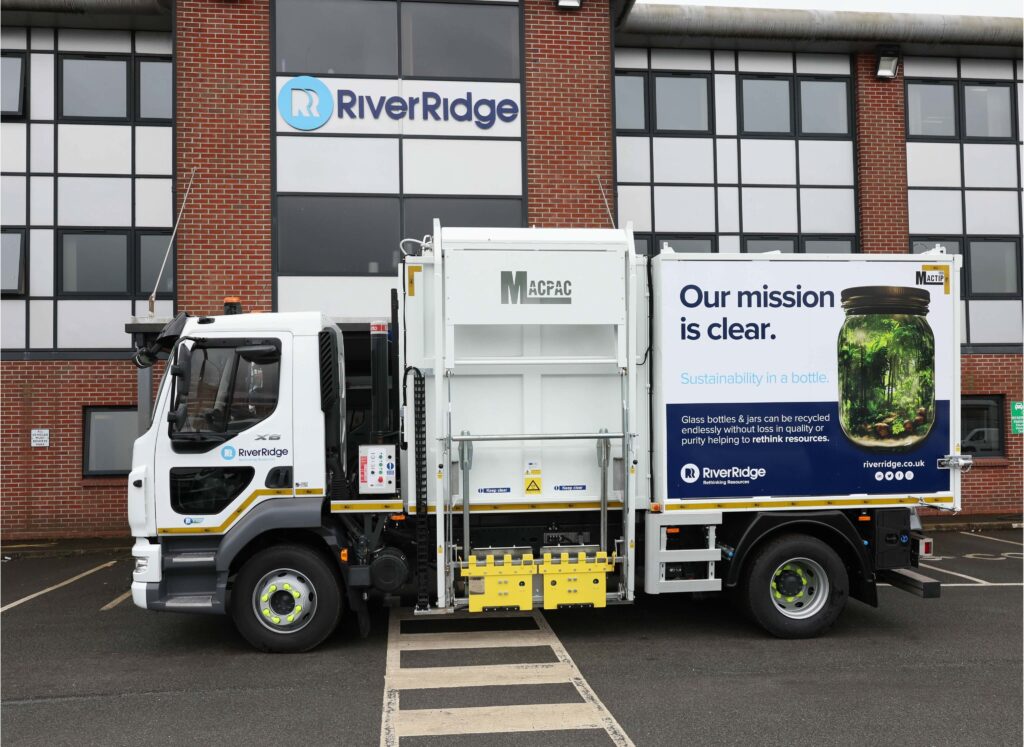

Subscribe for free